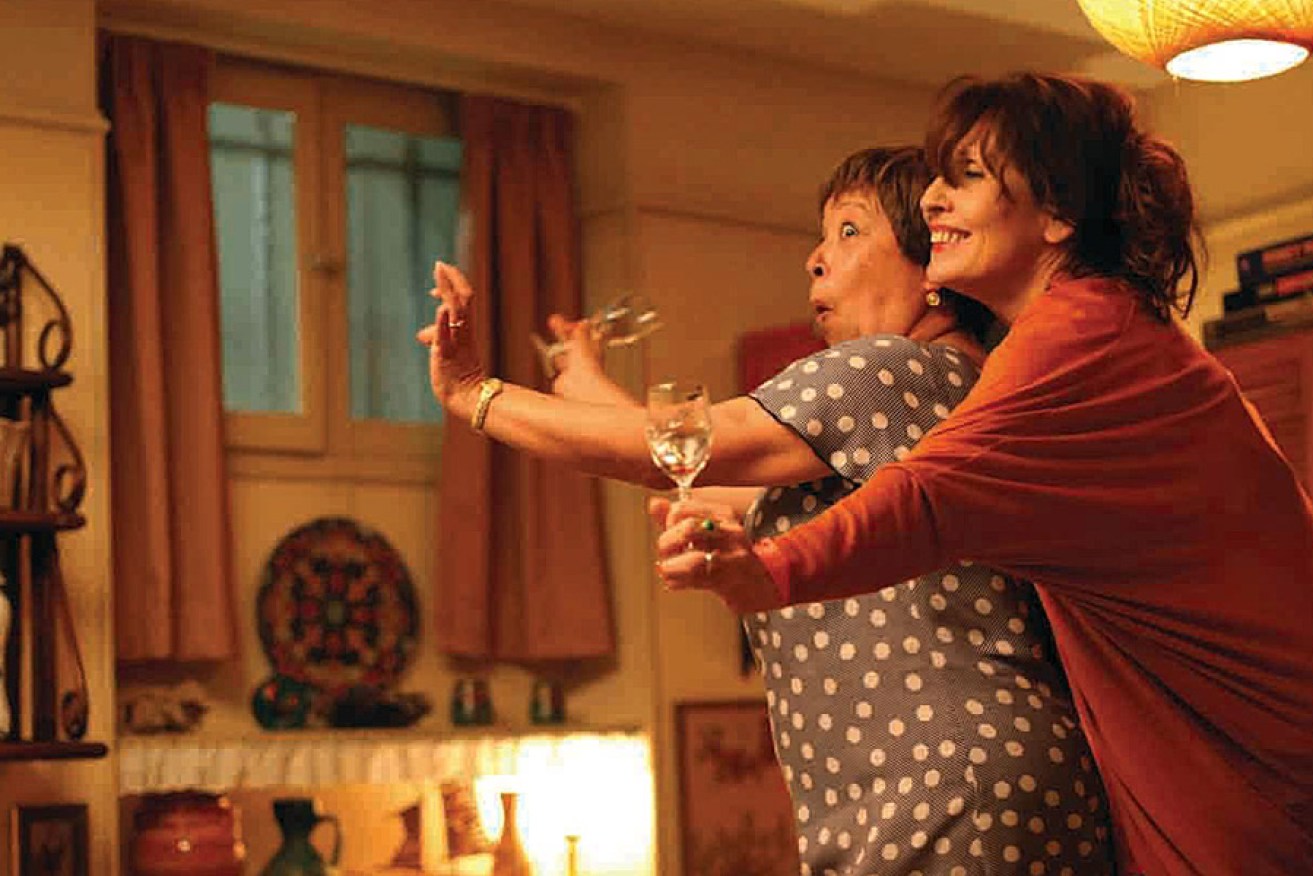Director Ruben Alves, the son of immigrants, brings welcome freshness and charm to the timeworn French film industry with his semi-autobiographical first feature.
Thirty years ago, Maria and José left their native Portugal to establish a new life in Paris. They have worked hard and raised two children, and are now as vrai Parisian as their work and school colleagues. José is a valued foreman on large building sites, but does double-shift on odd jobs back home, where Maria is concierge for an elegant set of exclusive apartments on Avenue Iéna in the 16th Arrondissement.
Maria and José, with adult daughter Paula (forging a career as lawyer) and teen son Pedro (suffering his first love), may use only a modest corner of the building – the part that requires extending and upgrading. Taped to the inside of José’s metal-work locker is a faded photograph of an imposing villa, which serves as a reminder of an elusive past.
When a registered letter arrives with news of José’s brother’s death, it seems life could change dramatically for the family – José could finally own that family villa, but only if he relocates back to Porto in northern Portugal, to a thriving business with its substantial terraced vineyards.
Yet things are complicated. His boss, Francis, has just struck a new mega-contract contingent upon José leading the site. And Francis’s son is secretly dating Paula.
Back at the apartment block, the residents are loath to lose Maria, having calculated the huge annual cost-savings she makes for them. She works calmly and tirelessly, despite the demanding neediness of residents, particularly the haughty Madame Reichert (Nicole Croisille), who is hell-bent on her winning a prize for her courtyard garden.
Before José and Maria can tell of their good fortune, gossip quietly spreads, and plots are hatched by workmates and extended family to keep the couple just where they are.
The characterisation of Maria and José by Rita Blanco and Joaquim de Almeida is faultless. They are a handsome central couple who carry the scrutiny of close camera work; Blanco is so good with her facial expression that one scene in which she slightly widens her eyes is enough to make audience members crack up.
Of course, the story of worms turning is always going to be good value. The tale is also relevant, with Paris being the home to an estimated four million Portuguese – some up to third generation – making them the third-largest immigrant community in the city.
The Gilded Cage has the fun, farce and flare you’d hope for in a French film. It has heart, too, as well as a touch of melancholy through the fated music of Fado. Go see it.





